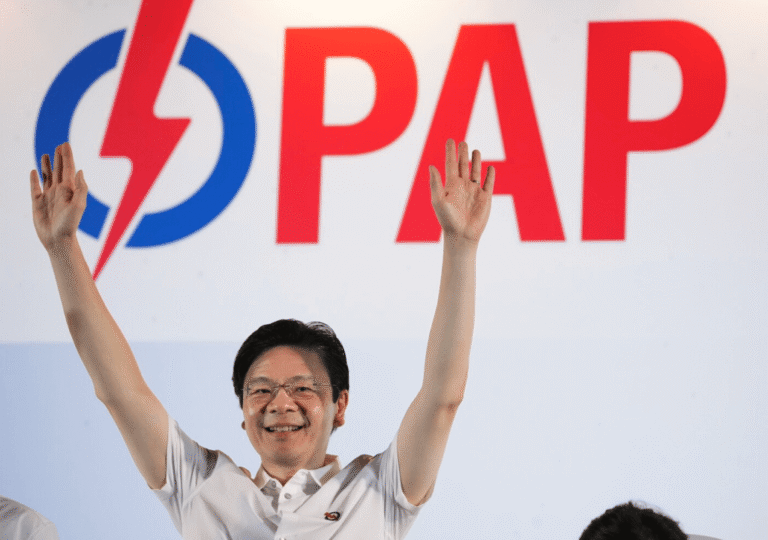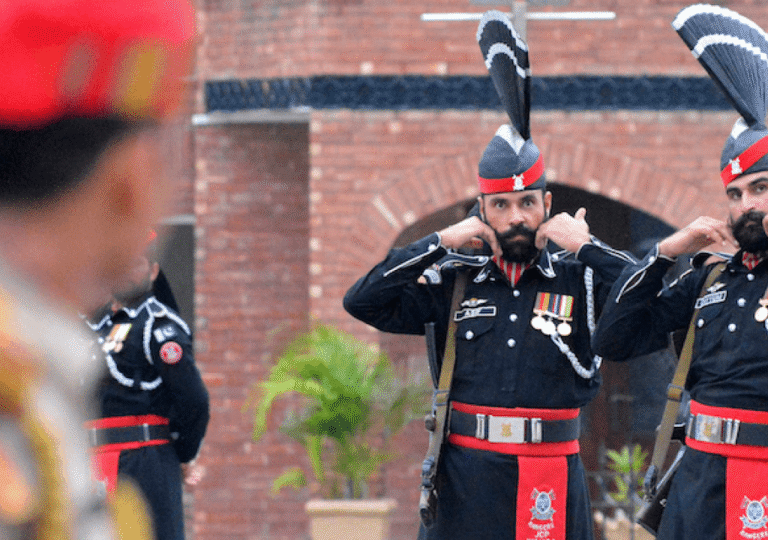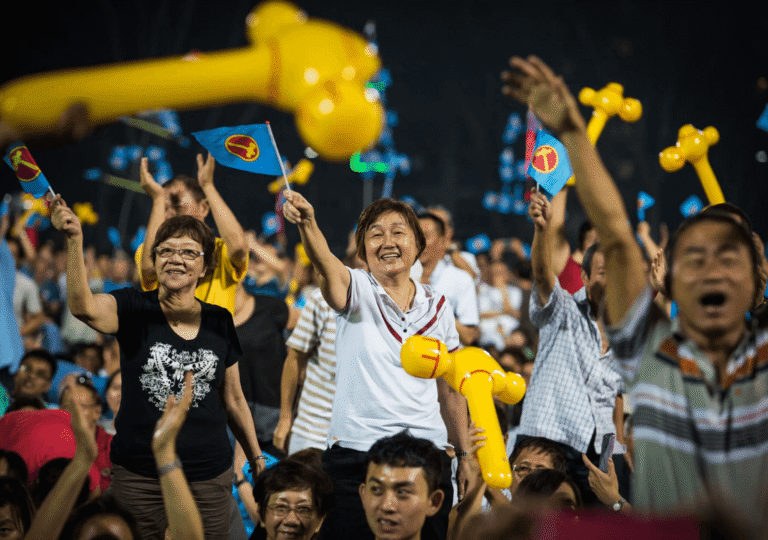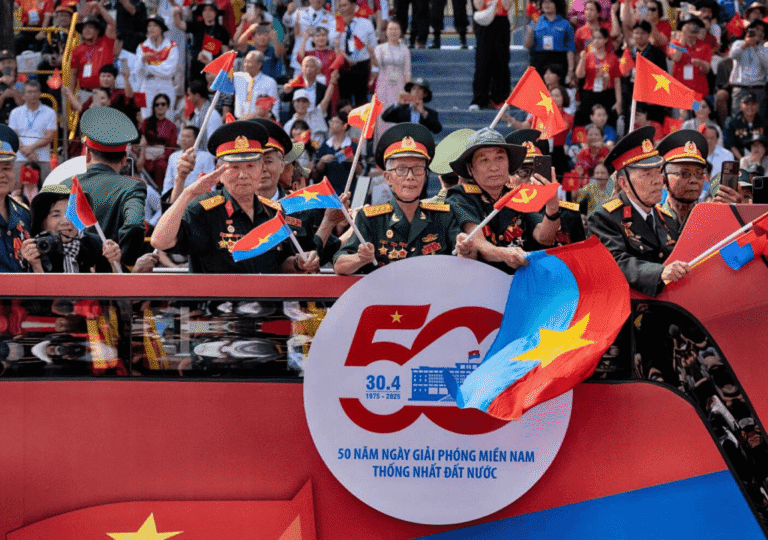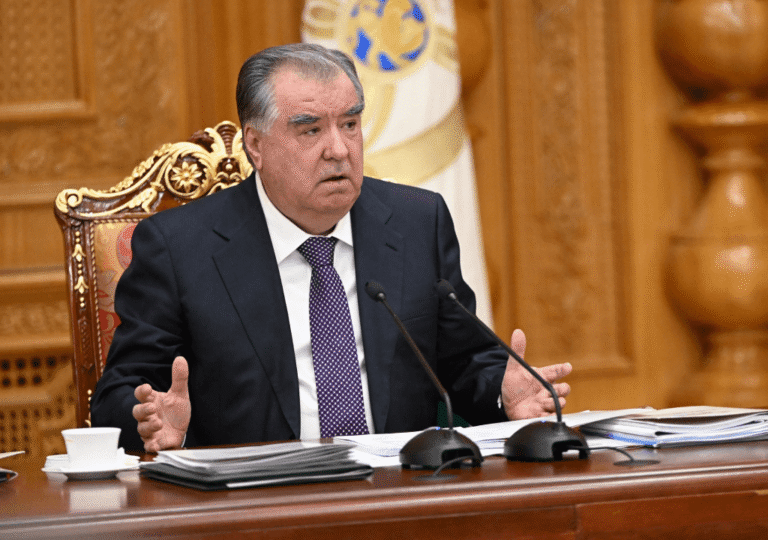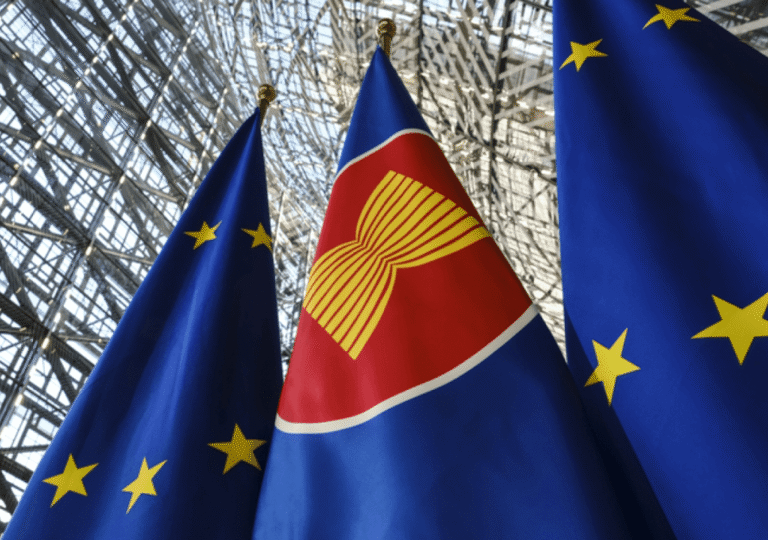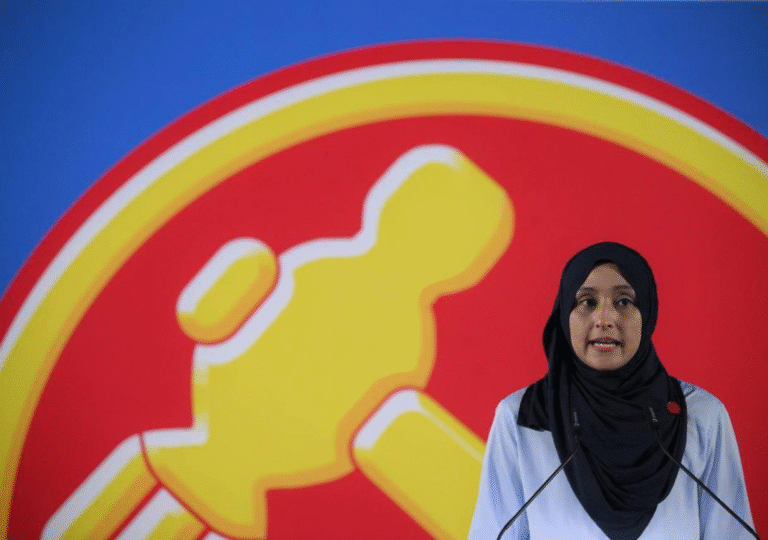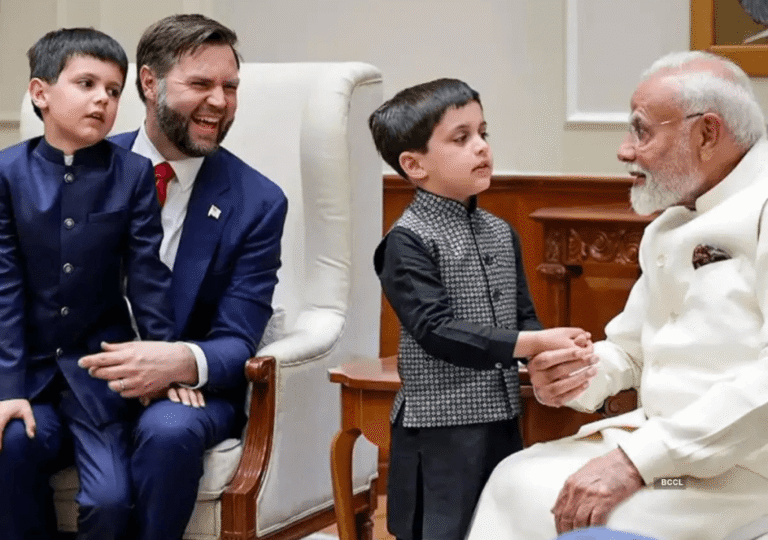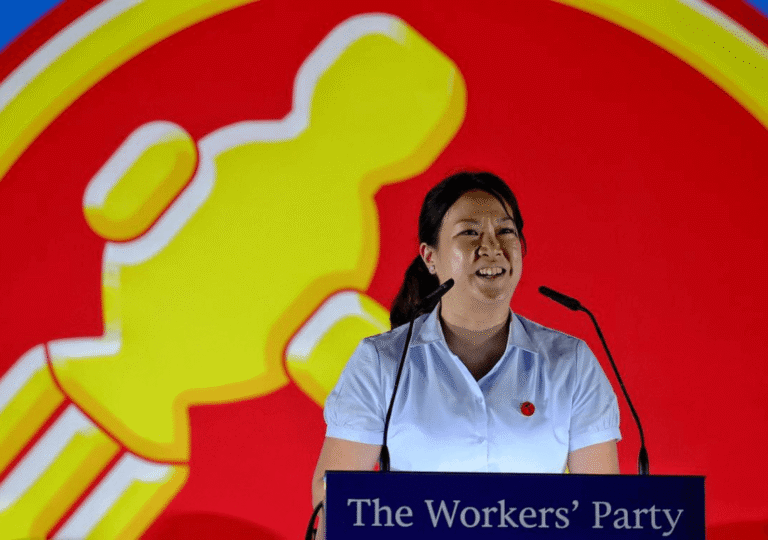Has the Progress Singapore Party Become the Biggest Casualty of the 2025 Election?
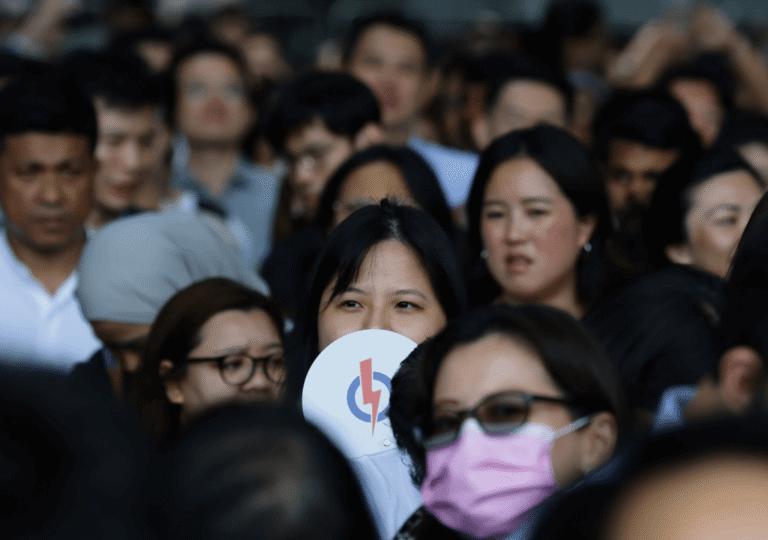
The Progress Singapore Party (PSP) faces a critical moment after its underwhelming performance in the 2025 General Election. With leadership challenges and an unclear political identity, can the PSP redefine itself as a credible opposition force in Singapore's political landscape?

